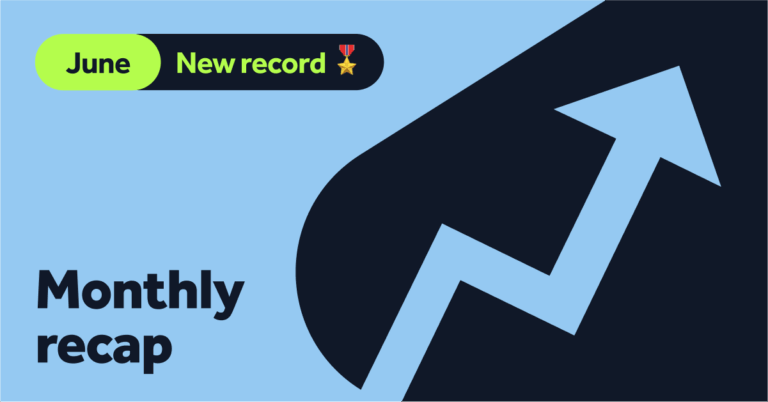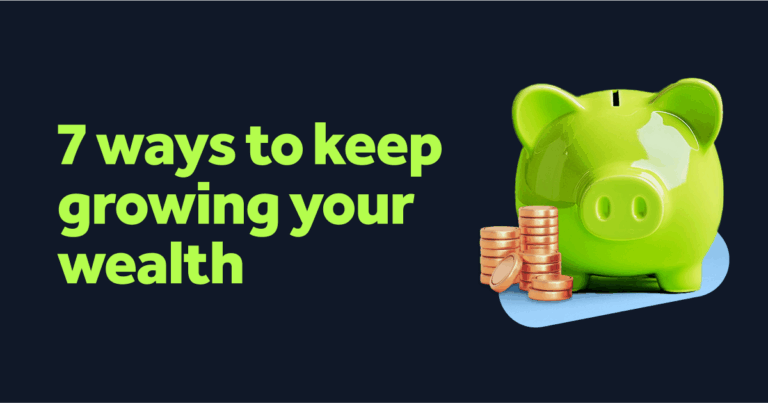Yes, you really do. It can’t be overstated: having an emergency fund is one of the most important financial decisions you can make. Before you think about investing or putting your money at risk, you would be wise to ensure your security with an emergency fund in the case of an extraordinary event. Think you can skate by with no surprises in life? Think again.

Life is full of surprises
The roof on the new house you purchased leaks suddenly. On your way to work, your car breaks down and needs a new transmission. Your child gets sick and needs an expensive procedure. You unexpectedly lose your job due to budget cuts and layoffs. The list of life surprises is endless. The question is, how will you afford these surprises if they happen to you?
An emergency fund is designed specifically for those times when life catches you by surprise. With an emergency fund, you have liquid cash available that can be accessed anytime, no matter what happens. And unlike borrowing money on short notice, you won’t have to pay interest fees or penalties to access your money when you need it.
How much should you save? While more is usually better, your emergency fund doesn’t have to be an astronomical amount of money. Start small and build from there.
Who should have an emergency fund?
In short: everyone! An emergency fund isn’t just for those living paycheck to paycheck. Anyone who can save money should put it into an emergency fund for tough times. However, if you are in one of these situations, an emergency fund is even more critical:
- Gig workers – If you work from gig to gig with no company benefits, you could be out in the cold if your work dries up. Having savings if you are scrambling to find new work will keep you focused on generating income and not worrying about paying for your bills.
- Those in debt – If you’re already in debt, chances are you don’t want to dig yourself any deeper into a financial hole. Instead of taking out more debt to cover unexpected expenses, an emergency fund will help to keep your debt at bay.
- Homeowners – Most people think being a homeowner means paying a mortgage. The truth is, houses have a never-ending list of problems, ranging from simple updates to urgent fixes. When those urgent problems arise, an emergency fund helps to soften the financial blow.
- Health compromised – For people in compromised health situations, money can be a big stressor. Who knows when a pre-existing condition will flare up, and you will need additional care? It’s best to be prepared.
Covid-19: A real-world example

If you ever needed an example of why an emergency fund is essential, look no further than the recent global pandemic. Covid-19 shook the world and everyone in it, shutting down entire economies in one fell swoop. While some governments attempted to support their citizens financially, millions of people were out of work and unable to pay their bills.
Unfortunately, many people weren’t prepared for this apocalyptic-like scenario. It’s estimated that when the coronavirus struck, 20% of UK adults had no emergency savings, and therefore struggled to make ends meet during this challenging time.
Those with an emergency fund were able to weather the storm and more or less maintain their lifestyle without having to struggle to get by. But those without an emergency fund found life difficult and not only had the stress of the coronavirus, but financial stress as well.
Do’s and don’ts of your emergency fund
Do
- Keep your emergency fund safe in cash or insured bank deposits
- Set a monthly savings goal to put aside in your emergency fund
- Consider saving more over time to account for inflation
Don’t
- Spend your emergency fund on a non-emergency
- Invest your emergency fund in risky assets
- Rack up debt on your credit card to pay for emergencies
Lower your stress, be ready for anything

Those who don’t have an emergency fund aren’t just playing with fire; they give themselves unnecessary stress. An emergency fund is similar to insurance: while you hope never to use it, you will sleep better at night knowing that you have it.
If you are starting your emergency fund from scratch, you don’t have to save it all at once. I
Instead, save a small amount each week or month, and over time you will have built yourself an emergency fund that will insulate you from life’s unpleasant surprises. And as a result, your mental health will thank you.


